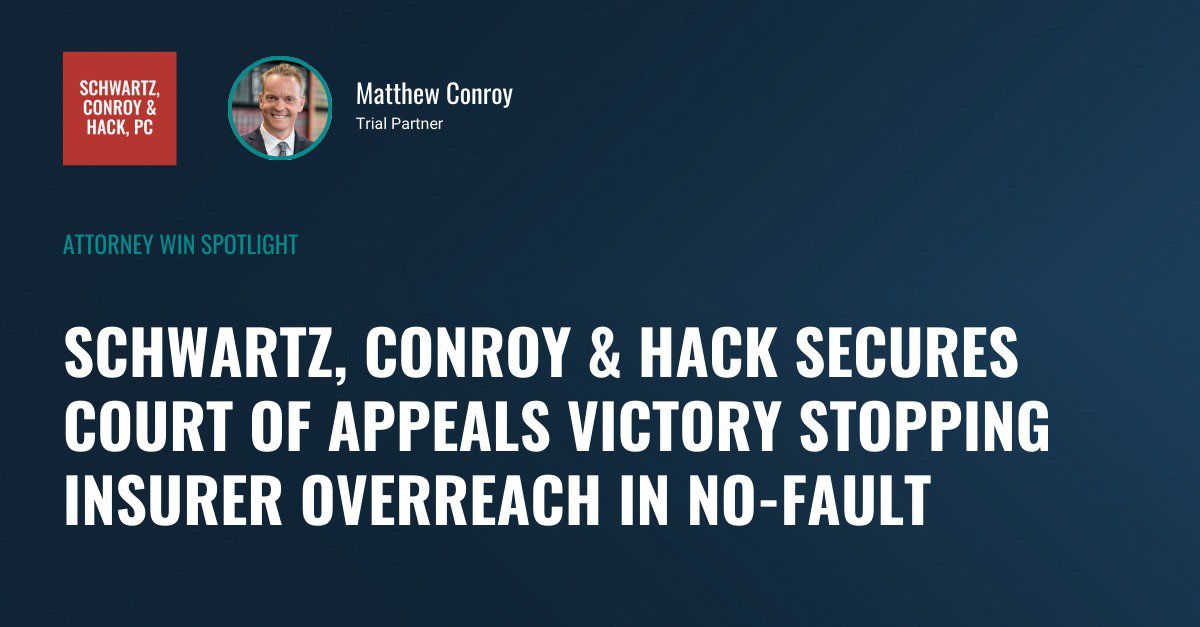{4:40 minutes to read} What is ERISA?
The Employee Retirement Income Security Act of 1974, or ERISA, is a federal law designed to protect an employee’s trust fund benefits. It is primarily directed at defined benefit plans, 401Ks, deferred compensation plans, and any employee benefits furnished by an employer, but it also applies to employee-sponsored benefits funded by insurance companies, such as long-term disability, and health and life insurance benefits.
Does it apply to my long-term disability benefit claim?
If you are an employee of a private company and you received a group insurance certificate from a group policy issued to your employer, then ERISA is likely to apply to the administration of your benefits — and the lawsuit to follow if your benefits aren’t paid. Typically, ERISA does not apply to:
- Government employees
- Employees of churches (“church plans”)
- Employees who belong to associations like the American Dental Association or the American Institute of Certified Public Accountants (“association plans”)
If ERISA does apply to me, what impact will it have on my claim, both during the claims process and if I have to file a lawsuit?
Ordinarily, there are rights and obligations to appeal an adverse benefits determination, which is a decision to deny your benefits, to terminate them if they were being paid, or to limit them in a way that they weren’t previously limited.
With most group policies, including ERISA-applicable policies, you’re actually required by law to appeal to the insurance company before you can bring a lawsuit. By contrast, most private policies don’t have a mandatory appeal right; you have a choice whether to appeal or file a lawsuit.
If you do have to appeal, you can expect extra time and work involved before you can go to court. This is called “exhausting your administrative remedies.”
So, what happens if I do have to go to court?
1. When you have an ERISA-governed policy and you go to court, you are litigating only under ERISA law. That means that any state law or other claims you could have otherwise asserted against the insurance company cannot be pursued. In legal terms, this is called “preemption.” It excludes claims such as emotional distress, unfair business practices, bad faith, state law violations, etc.
2. Under ERISA, you get a judge instead of a jury.
3. Your case will be litigated and tried in federal court. While you’re legally entitled to litigate an ERISA case in state court, the insurance companies will bring the case to federal court anyway.
4. ERISA plans typically have a Discretionary Authority Provision which allows the insurer to interpret the rights of the policy and to make the determination of whether or not you’re entitled to your benefits. If a Discretionary Authority Provision is included in your policy, then the judge will defer the insurance company’s decision and not overturn it — unless she finds it to be an abuse of the insurance company’s discretion.
This means that, for the most part, the judge can’t make her own call whether you are entitled to your benefits — an enormous disadvantage to you as a claimant.
5. Ordinarily, the court will not allow “discovery” to occur in your case. This means that depositions, expert testimony, etc. will be excluded, and the scope of the review of your case will likely be limited to the information contained in the insurance company’s claim file. This is another reason it’s so important to submit a comprehensive appeal before going to court.
What happens if I win my ERISA case for long-term disability benefits?
One of the few potential upsides to ERISA is that you can recover costs and attorney’s fees if you win. With ERISA, you often get caught in a legal minefield, requiring the guidance of a qualified lawyer. If ERISA applies to your claim, and your insurance company has denied your claim or terminated your benefits, contact Schwartz Law today.
Evan S. Schwartz
Founder of Schwartz, Conroy & Hack
833-824-5350
[email protected]


